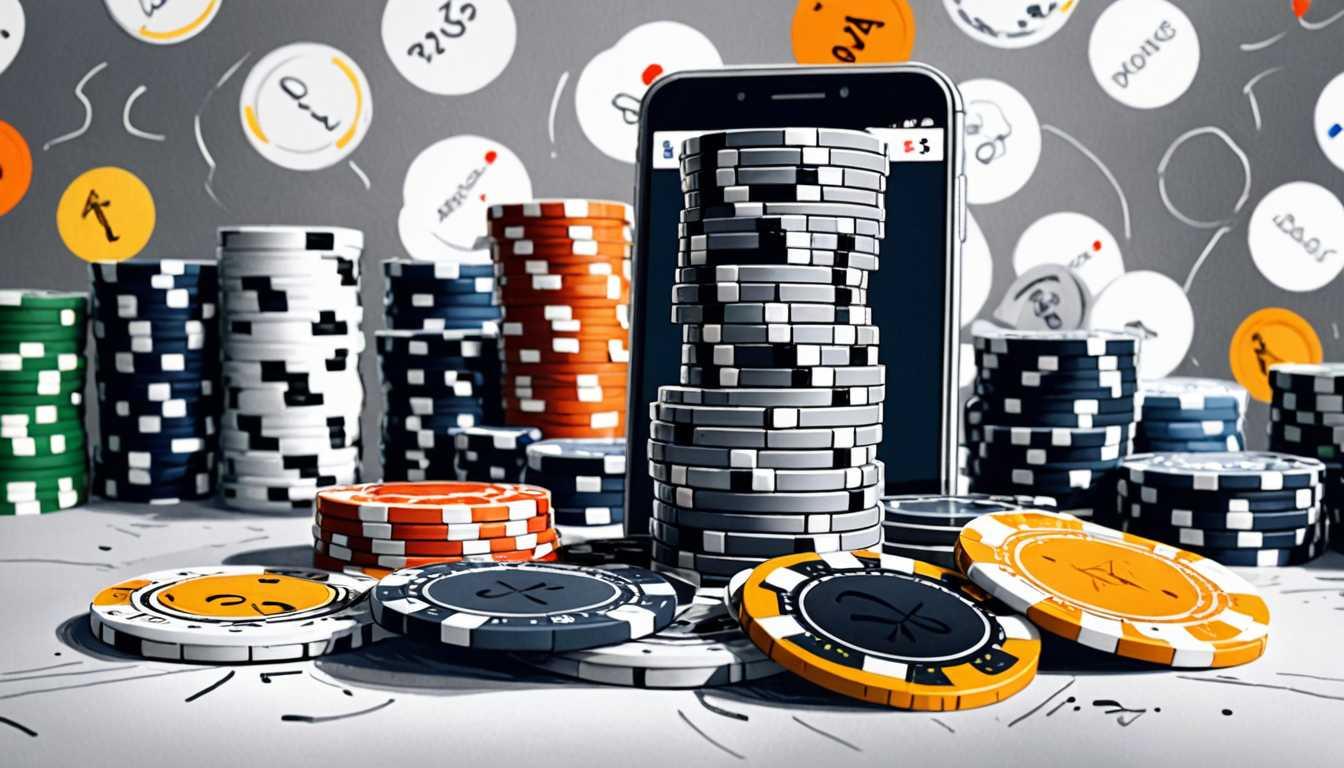Betting Big on Super Bowl: Problem or Play?
February 2024
University of California
Introduction
Dive into the thrilling world of Super Bowl LVIII, where millions are not just watching but betting big! With a staggering 67.8 million Americans expected to wager a jaw-dropping $23.1 billion, the game's not just on the field. Thanks to the rise of online betting, anyone, anywhere, can place their bets 24/7, transforming gambling from a hidden vice to a national pastime. But is America's betting spree a harmless hobby or a growing problem? Discover the highs and lows of this phenomenon, straight from the University of California's latest insights.
READ FULL ARTICLEWhy It Matters
Discover how this topic shapes your world and future
Betting on the Future
Imagine living in a world where every click on your phone could lead to a high-stakes adventure. That's the reality of sports betting today, especially with events like the Super Bowl capturing not just the eyes of millions but their wallets too. This isn't just about the thrill of the game; it's about understanding the impact of gambling on society, the economy, and individual lives. For you, this might seem distant, but it's closer than you think. Whether it's seeing family members bet on a game or hearing about it in the news, the effects of sports betting ripple out, touching everything from personal relationships to public policy. By diving into this topic, you're not just exploring a global phenomenon; you're unpacking the complexities of human behavior, the allure of risk, and the societal structures that support or challenge these activities. It's a chance to see beyond the game, into the very heart of decision-making, culture, and the digital age's challenges and opportunities.
Speak like a Scholar
Gambling disorder
A mental health condition characterized by the uncontrollable urge to gamble, despite negative consequences.
Biopsychosocial model
A broad view that attributes diseases or disorders to the complex interaction of biological, psychological, and social factors.
Recreational gambling
Engaging in gambling activities for entertainment without suffering adverse consequences.
Risk factors
Characteristics or conditions that increase the likelihood of developing a disease or disorder.
Prevalence
The total number of cases of a disease or condition in a population at a specific time.
Ubiquitous
Present, appearing, or found everywhere; in this context, the widespread presence of gambling opportunities.
Independent Research Ideas
The psychology of risk
Investigate how the thrill of potentially winning or losing money affects decision-making and risk perception in teenagers versus adults.
Cultural perspectives on gambling
Explore how different cultures view gambling, including which forms are accepted or taboo, and how these attitudes impact gambling's prevalence in those societies.
The evolution of sports betting
Trace the history of sports betting from ancient times to the digital age, focusing on how technological advancements have changed the way people bet.
Economic impact of legalized gambling
Analyze the economic benefits and drawbacks of legalizing sports betting, including its effect on local economies, employment, and public services.
Gambling and mental health
Delve into the relationship between gambling (especially online gambling) and mental health issues, examining how one can lead to or exacerbate the other.
Related Articles

Breastfeeding, Work, and Identity Balance
March 2024
London School of Economics (LSE)

Supershoes: The Future of Distance Running
June 2024
MIT Technology Review

Conquering FOMO: Bonding Beyond the Screen
October 2024
Cornell News Highlights

Gambling Ads: A Risky Game on Social Media
September 2024
U of Bristol Research news

E-Sports: Asia's New Arena Giants
October 2023
MIT Technology Review